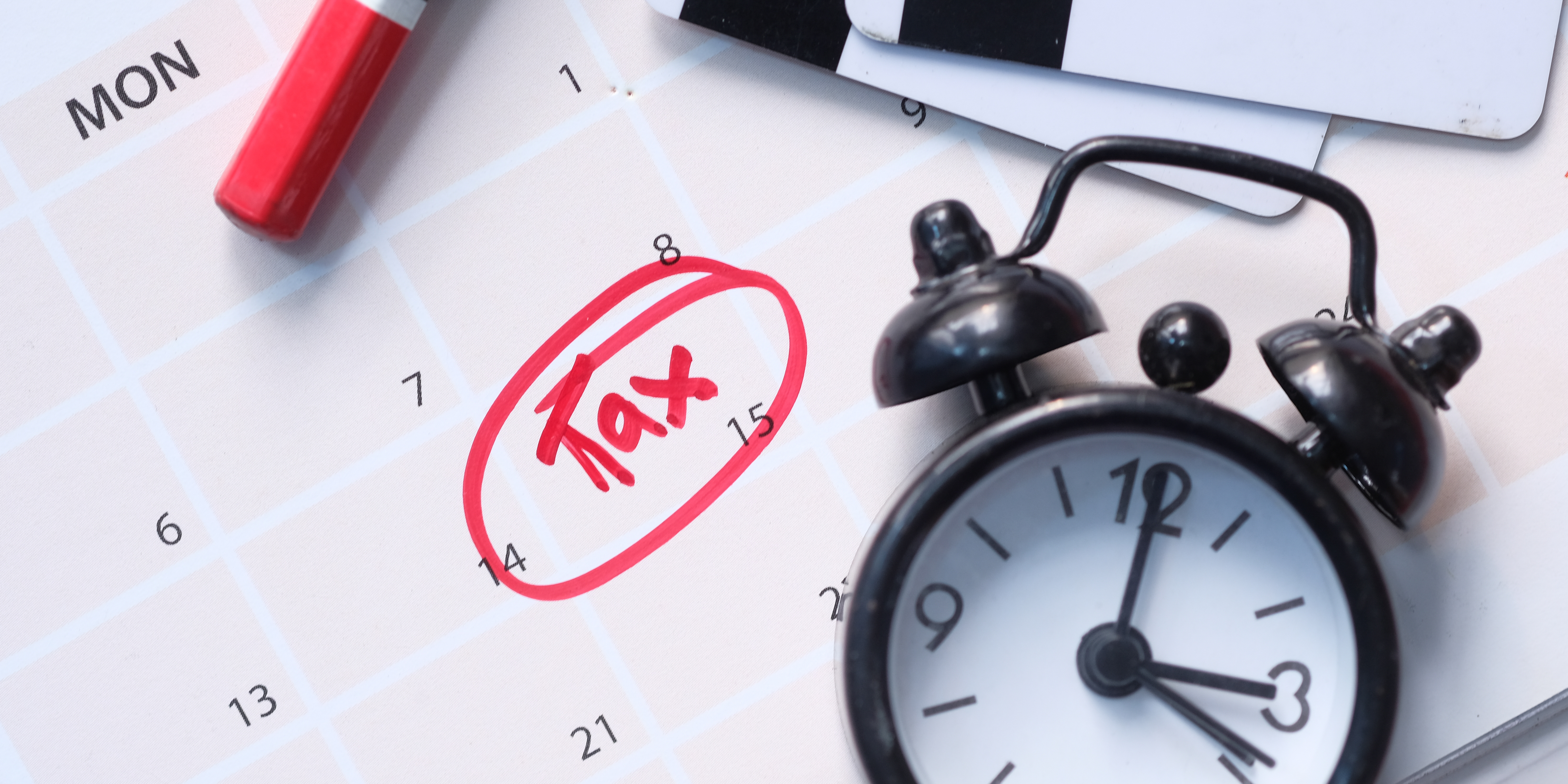On 19th April 2021, the High Court in Constitutional Petition No. E005 of 2021(“the Petition”) issued conservatory orders suspending the payment, implementation, administration, application and/or enforcement of the law on minimum tax pending the final determination of the Petition. Minimum Tax was introduced by the Finance Act 2020 at the rate of 1% of the gross turnover and it was effective from 1st January 2021.
The Law on The Minimum Tax
Section 12D of the Income Tax Act (ITA) provides as follows:
“(1) Notwithstanding any other provision of this Act, a tax to be known as minimum tax shall be payable by a person if-
(a) that person’s income is not exempt under this Act;
(b) that person’s income is not chargeable to tax under sections 5, 6A, 12C, the Eighth or the Ninth Schedules; or
(c) the instalment tax payable by that person under section 12 is higher than the minimum tax.
(2) The tax payable under this section shall be paid in instalments which shall be due on the twentieth day of each period ending on the fourth, sixth, ninth and twelfth month of the year of income.”
Subsequent thereto, the Kenya Revenue Authority (KRA) in January,2021 issued Guidelines on Minimum Tax (“Guidelines”). The Guidelines provides that Minimum Tax has been introduced to ensure that every person makes a fair and just contribution to the provision of government services regardless of the person’s profit position.
In addition, the Guidelines states inter alia that for persons who more than two-thirds of their income is derived from agricultural, pastoral, or horticultural activities, tax shall be due on the 20th day of each period ending on the 9th and 12th day of month of the company’s financial year. The Guidelines further provide that minimum tax shall not apply to income which is subject to withholding tax, including digital service tax, provided that at the end of the accounting period, the tax payable on taxable income exceeds minimum tax payable.
The Petition
Petitioners:
The petitioners’ argument was that the Minimum Tax introduced is unconstitutional as it is riddled with ambiguity, uncertainty, contradictions, and lack of clarity and as such in contravention with the provisions of Article 2(4) as read with Article 10 of the Constitution. The argument stems from the fact that whereas the ITA provides that income which is subject to tax under the ITA is income in respect of gains or profits having deducted all expenditure wholly and exclusively incurred in the production of that income, Minimum Tax is chargeable on gross turn over including losses with no possibilities of deducting expenses. This in the view of the Petitioner was an apparent absurdity.
Further, the Petitioner also found issue with the fact that while on the one hand, Section 12D (2) of ITA provides that Minimum Tax shall be paid in instalments and is due on the 20th day of each period ending on the 4th , 6th , 9th and 12th month of the year of income, on the other hand, the Guidelines provides that for persons who more than two-thirds of their income is derived from agricultural, pastoral, or horticultural activities, tax shall be due on the 20th day of each period ending on the 9th and 12th month of the company’s financial year. This was thus yet, another ambiguity.
As such, the Petitioners position is that they will suffer untold prejudice because their gross turnover will be subjected to an excessive, discriminative, and illegal tax and the enforcement of Minimum Tax stands to kill their business and the livelihoods of millions of Kenyans operating Small and Medium Enterprises(“SME.”)
Respondents:
According to the Respondents the impugned provision shall promote fairness in the sharing of the taxation burden as provide in Article 201 (b) (i) of the Constitution by ensuring that the payment of tax is an obligation imposed on all persons through the introduction of a minimum tax. Further, the 2nd respondent argued that the issuance of conservatory orders will cause confusion hence it is important that the law be retained as it is until the outcome of the Petition and that the Petitioner will not suffer irreparable loss if they pay the minimum tax as the same is quantifiable and can be refunded should the Court hold in favour of the Petitioner.
The Decision
The Presiding Judge, Justice Odunga, having heard the parties found that the issues raised in the Petition were not frivolous as the same raised weighty constitutional issues warranting further investigation by the Court. The Court was also of the view that the lesser evil would be for KRA to continue operating as it has been operating hopefully in the next few months and also to keep the petitioners afloat.
Consequently, the Court granted conservatory orders restraining the KRA, whether acting jointly or severally by itself, its servants, agents, representatives or howsoever otherwise from the implementation, further implementation, administration, application and/or enforcement of Section 12D of the ITA pending the hearing and determination of the Petition.
The Implication of this Decision
The Ruling has in effect suspended the implementation, collection or enforcement of the law on Minimum Tax. The import of this Ruling is that taxpayers are not required to remit Minimum Tax at the rate of 1% of the gross turnover. It has also suspended all penalties and interest that may accrue thereon for non-compliance with the law on Minimum Tax pending determination of the Petition.
KRA has vide statement dated 19th April 2021 confirmed that they will adhere to the Ruling of the Court as they await the outcome of the main Petition slated for hearing on 19th May 2021. We advise that in the event the Petition is disallowed then interest and penalty will be charged on any taxes to be collected subject to contrary directions by the Court.
We shall follow up on the matter and will advise on the progress of this Case and the outcome of the main Petition.
Please click here to download the alert.
This alert is for informational purposes only and should not be taken to be or construed as a legal opinion. If you have any queries or need clarifications, please do not hesitate to contact Renee Omondi ([email protected]) and Wanjala Opwora ([email protected]) or your usual contact at our firm, for legal advice.





